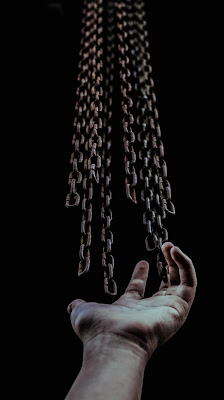The Yellow Jackets, Protest and the Crisis of Representation

Zoe Smith - Writer The yellow jacket protests in France saw an online petition spark mass demonstrations, beginning on the 17th November and spanning several months of collective action as protests were held, blockades were implemented and riots were instigated. Though the protests were in direct response to proposed fuel tax increases by Macron and the incumbent government, the movement came to represent a more general desire for economic justice. This encompassed discontent towards the political favour economic elites witness and demands for Macron to resign as president of France. The fluorescent yellow jackets were chosen as a symbol by protestors due to their accessible nature; French legislation implemented in 2008 deemed the jackets as mandatory for all motorists in case of an accident. However, the jackets also represent the factory oriented industries which they are associated with and thus enforces the working class character of the protests. The gravity of the yellow jac...






